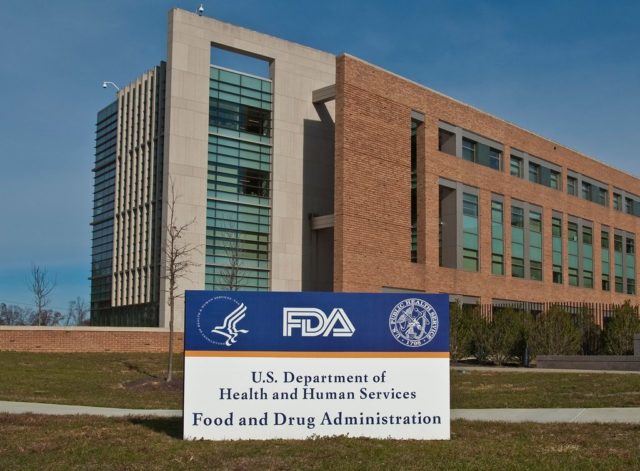
When the FDA delayed its decision in Biogen’s controversial Alzheimer’s drug aducanumab in January, investors saw it as a positive. After all, it seemed the agency was at least willing to consider approving the drug in some form, despite the bruising thumbs-down it got from an advisory committee last November.
But as the June decision date draws near, analysts at RBC Capital Markets are raising concerns about aducanumab’s prospects for approval. They considered eight recent developments—some specific to the drug and others related to the FDA and the Alzheimer’s market environment—and landed on a sobering 40% probability of approval for Biogen’s drug.
“On balance, we continue to see less than a coin flip’s chance of a clean approval,” they wrote in a note to investors Tuesday. Meanwhile, the analysts flagged an “underappreciated” chance of a limited approval for the medicine.
RELATED: The 10 most-anticipated drug launches of 2021 – Aducanumab
The first development RBC parsed was the delayed FDA decision, which initially sent Biogen’s shares up 13%. RBC suggested that rather than taking the extra time to actually review the data, the FDA may have wanted to wait for a new commissioner to be in place “to set a tone.”
Although acting commissioner Janet Woodcock is thought to be among consideration for the permanent post, there’s still no permanent commissioner or a number-two in place at the agency—a problem RBC pegged as a second factor working against aducanumab’s approval.
Plus, another FDA personnel issue could come into play, the analysts wrote. The consumer watchdog group Public Citizen has called for the removal of Billy Dunn, M.D., director of the FDA’s neuroscience unit and a fan of aducanumab, after criticizing an “inappropriate close collaboration” between Biogen and the agency in preparing documents for the advisory committee meeting. Dunn is still there, but if he pulls back from reviewing the drug in any way, it would have “a substantially negative impact” on the probability of approval, RBC said.
RELATED: Watchdog calls for probe into ‘inappropriate’ FDA-Biogen aducanumab collaboration
RBC’s analysts also expressed worries about a general lack of support from the Alzheimer’s community for aducanumab. In March, three members of the advisory committee who had voted against approval of the drug reiterated their concerns in a scathing editorial in JAMA. Prominent Alzheimer’s patient groups have not advocated strongly for the drug, and healthcare institutions don’t seem to be preparing for the drug’s approval, RBC analysts wrote, suggesting there’s “no strong opinion or consensus” on its prospects.
There were other negatives, too, not the least of which was the mixed reaction to Eli Lilly’s phase 2 data on its Alzheimer’s hopeful, donanemab, which, like aducanumab, is designed to reduce amyloid plaques in the brain. In March, Lilly reported that one trial missed a key endpoint, a disappointment that could reflect badly on the entire amyloid class, RBC noted.
As for a restricted approval, RBC pegged it as an “underappreciated” possibility. The FDA could approve the drug only for a certain segment of the Alzheimer’s population, for example, or it could require Biogen to monitor patients on an ongoing basis. That would likely be viewed as a net positive in the short term. But RBC warned that ultimately, any such limitations could “decrease physician and patient uptake.”
No doubt investors will be paying close attention to Biogen’s first-quarter earnings report tomorrow for hints of aducanumab’s prospects, RBC added. For now, though, the analysts “remain skeptical” about the drug’s “potential for a full and clean approval,” they wrote.






